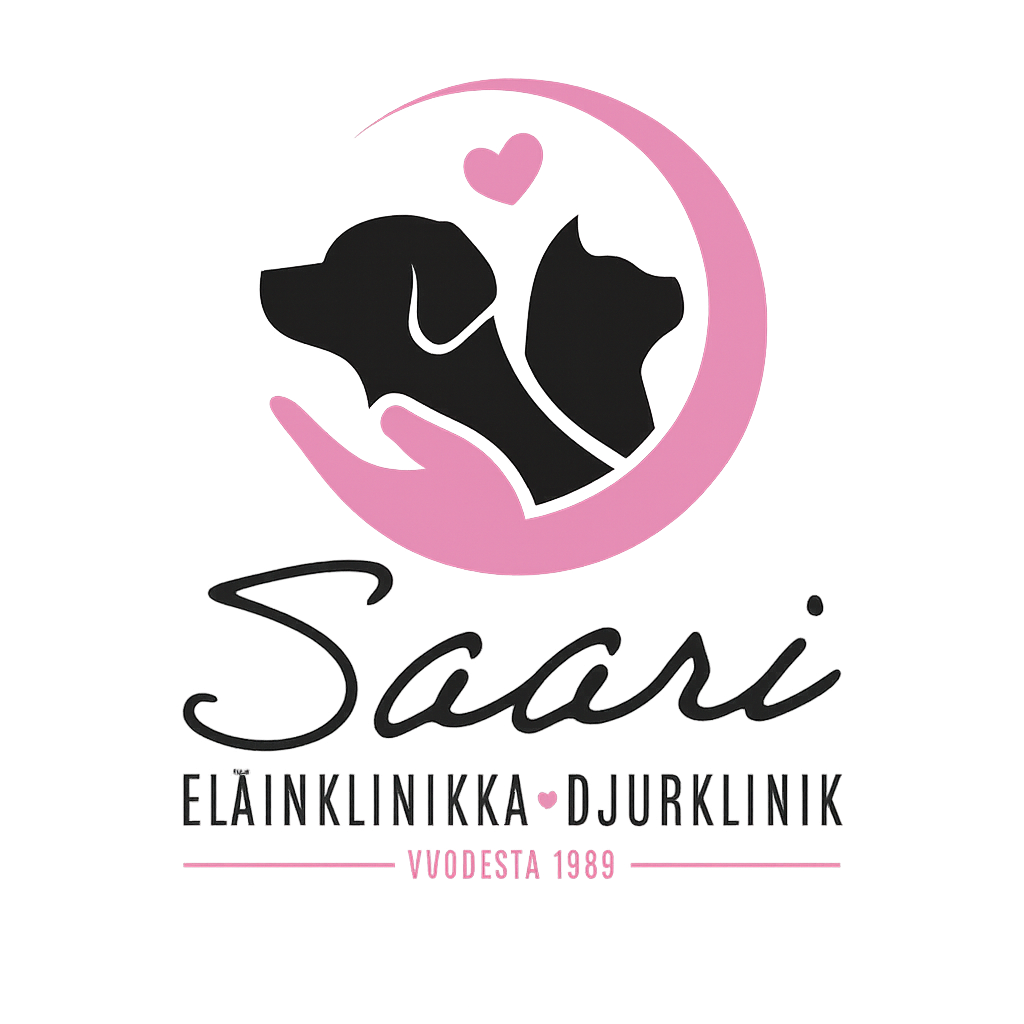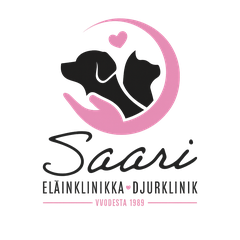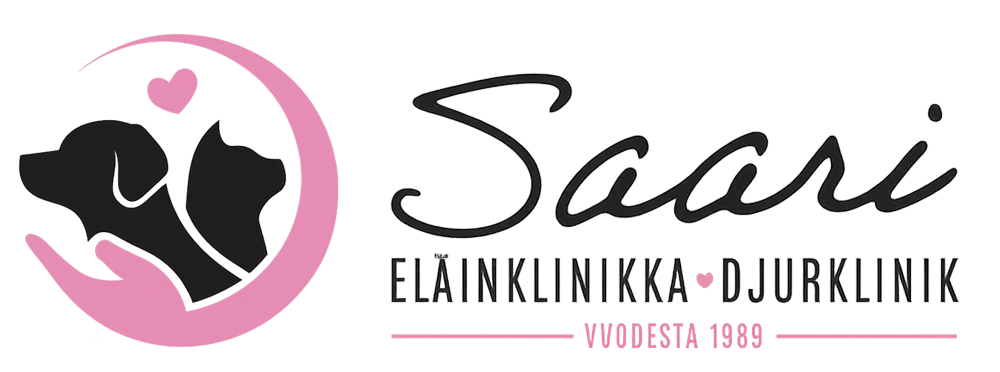Dental disorders are very common in both dogs and cats, and at 3 years of age most dogs and cats have some degree of dental inflammation in the mouth. It may be difficult to detect if your pet has toothache. The best way to prevent dental problems is to brush your pets teeth daily.
Teeth cleaning:
- At our clinic, dental cleaning is done under general anesthesia. Your pet is in inhalation anesthesia and intravenous fluids during the dental cleaning. After removal of the tartar, the teeth are checked and the gingival pockets are measured. The teeth are polished and rinsed.
Dental X-ray:
- X-rays are taken from the teeth to determine whether the roots of the teeth are healthy and for example, if teeth are missing, discoloured of fractured, or gums are inflamed or swollen.
Tooth removals:
- In the clinic we perform dental extractions. This is done under general anesthesia, and the pet is given analgesics and local anesthetics.
Deciduous teeth removals:
- A retained deciduous or “baby tooth” occurs when the root does not resorb, and is still in place when the permanent tooth has erupted. If the teeth are not resorbed in time, they can affect the position of permanent teeth. It is recommended that retained decicuous teeth be removed as soon as the permanent teeth have erupted, or if they are in the wrong position and can affect the normal growth of the jaw. Also broken deciduous teeth should be removed, since they can cause infection.




